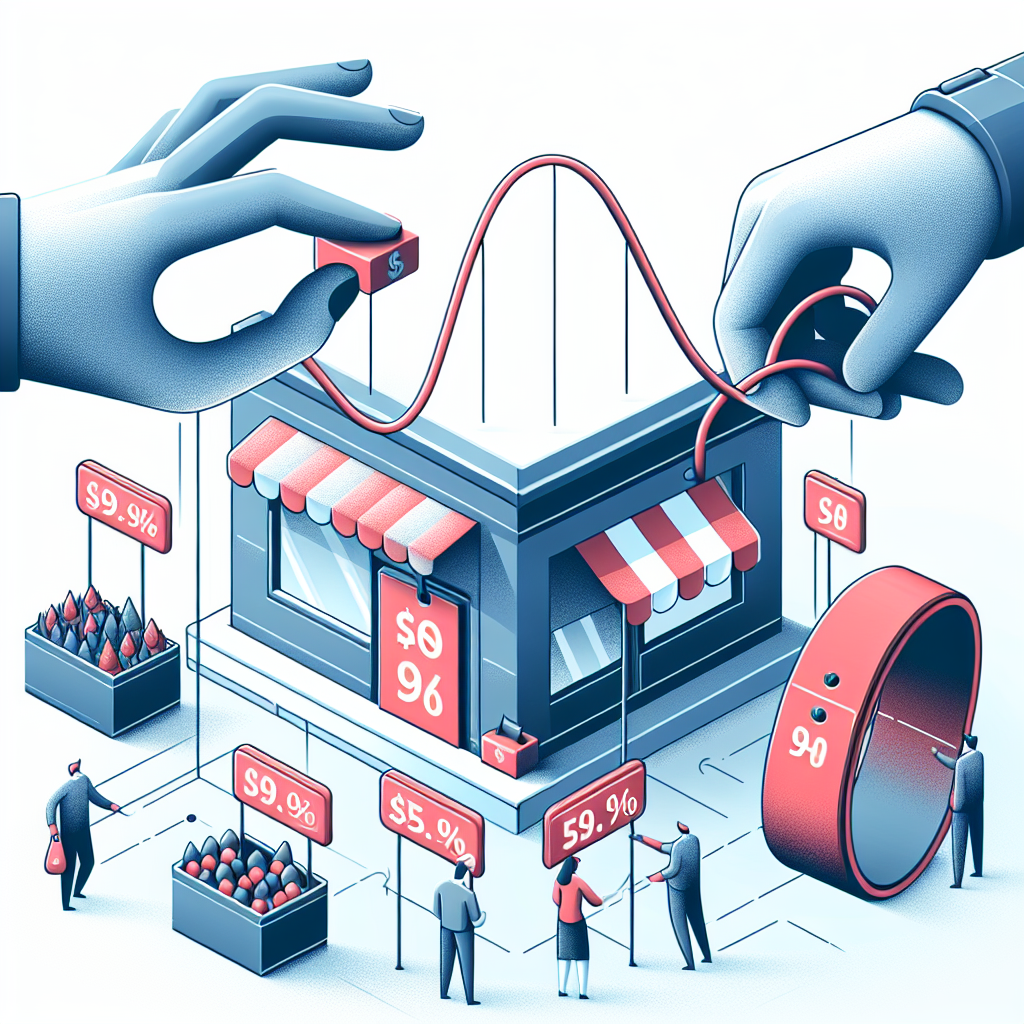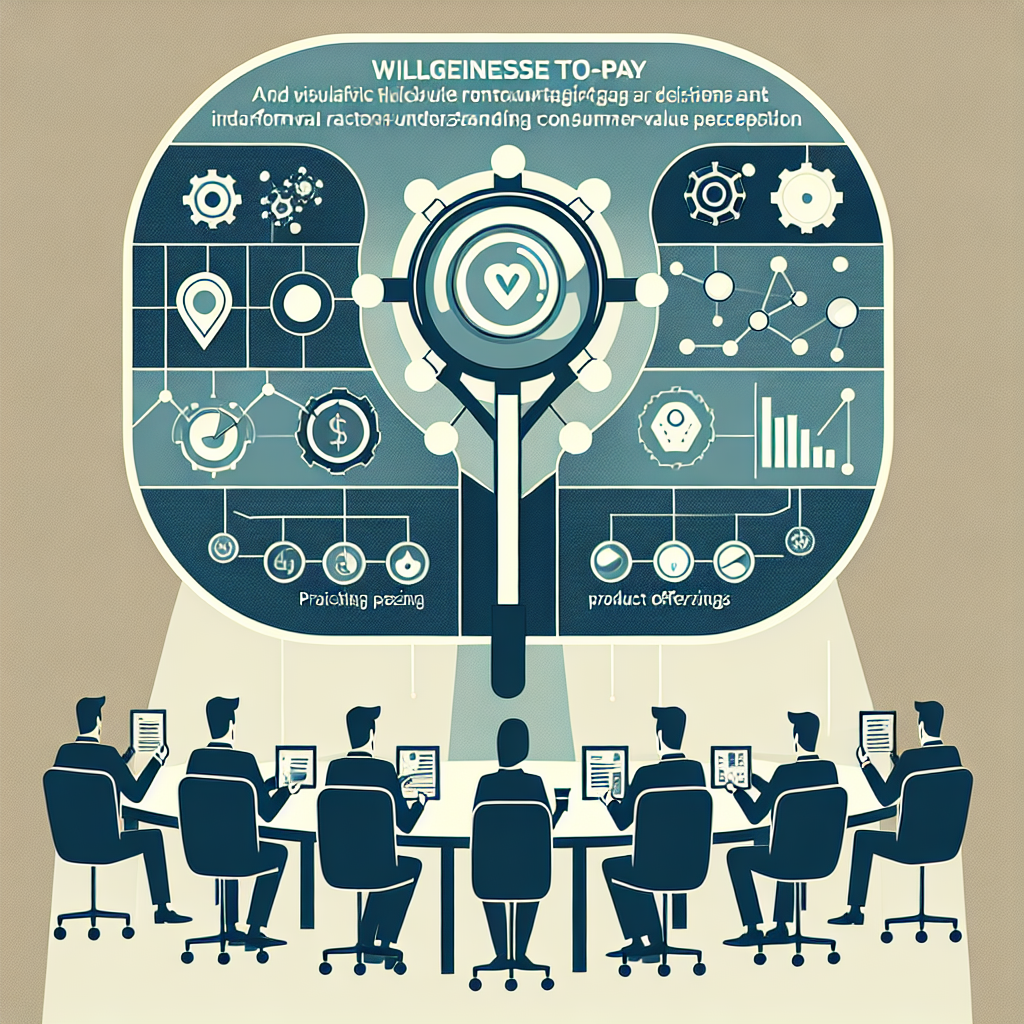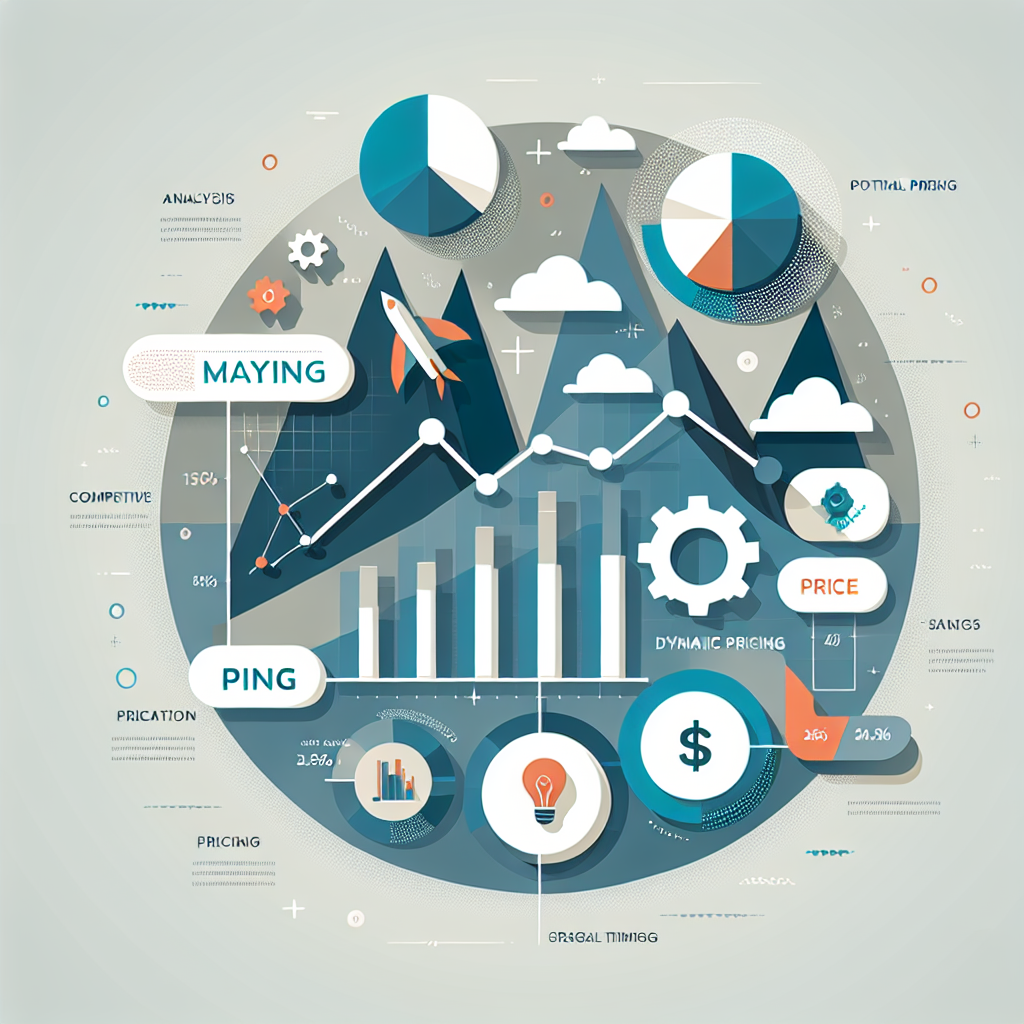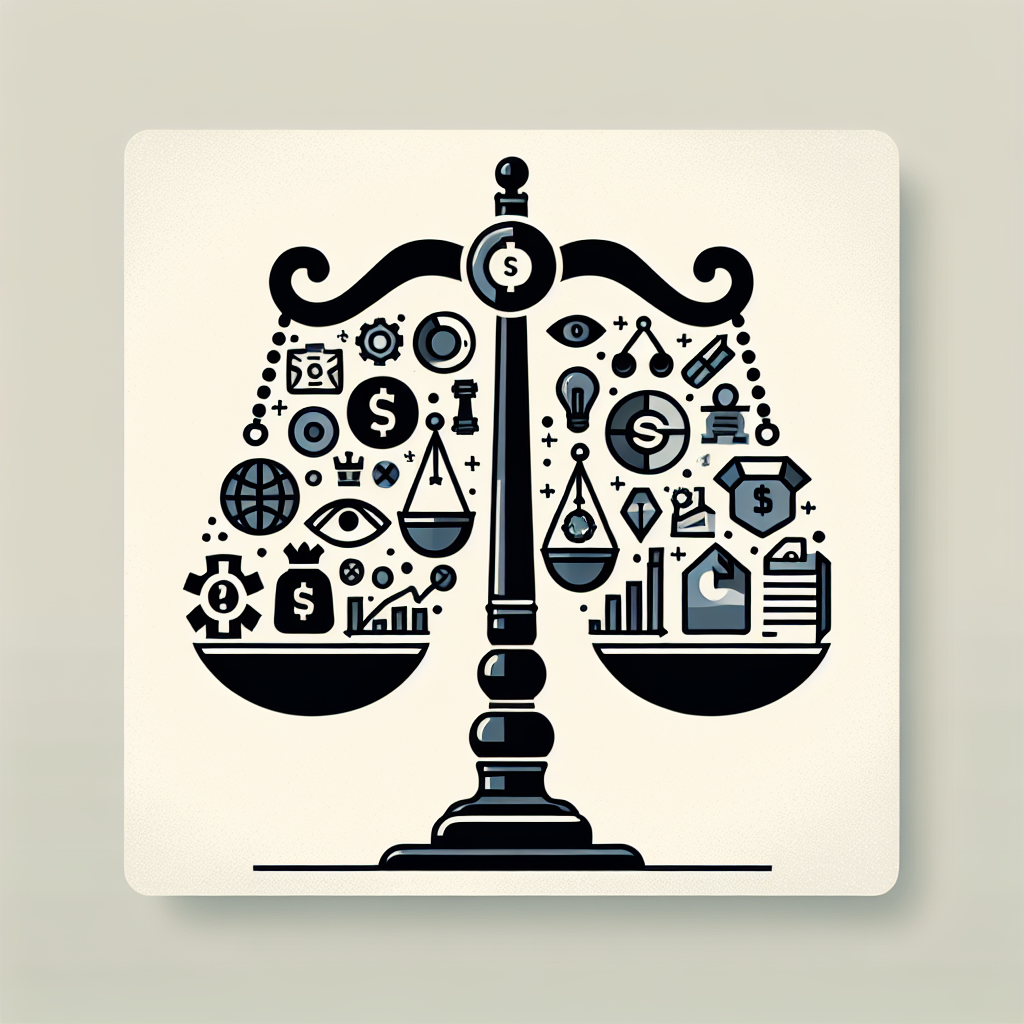The Role of PR in Digital Marketing: From Earned Media to Thought Leadership
Public Relations (PR) plays a pivotal role in digital marketing by leveraging earned media, fostering thought leadership, and enhancing brand reputation. In today's digital landscape, PR strategies have evolved significantly, incorporating AI, e-commerce, and social media to amplify brand visibility and credibility. This article delves into the key trends shaping PR in digital marketing, exploring its evolution and how AI, e-commerce, and changing consumer behaviors have redefined this marketing discipline.
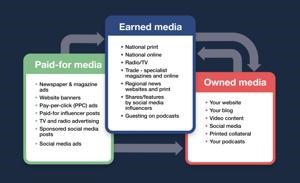
Introduction
In the digital era, PR has become an indispensable component of marketing strategies, enabling businesses to build trust, credibility, and brand awareness through earned media and thought leadership. By understanding and leveraging the latest trends and technologies, marketers can create targeted campaigns that resonate with their audience, drive engagement, and foster long-term loyalty. As technology continues to evolve, AI and e-commerce will play increasingly important roles in refining PR strategies.
Foundational Concepts of PR in Digital Marketing
PR in digital marketing involves several foundational concepts:
Earned Media:
PR efforts result in organic mentions in media outlets, social media, and reviews, providing third-party endorsements that enhance credibility and trust.
Thought Leadership:
Establishing a brand as an authority in its industry through insightful content and strategic partnerships.
Digital Channels:
Leveraging online platforms such as social media, blogs, and podcasts to disseminate PR messages and engage with audiences.
Trends in PR and Digital Marketing
Digital PR and Earned Media:
Digital PR strategies focus on securing earned media coverage through online channels, enhancing brand visibility and credibility.
AI-Driven PR Optimization:
AI enhances PR efforts by predicting media trends, automating content creation, and optimizing press releases for better engagement.
Influencer Partnerships:
Collaborating with influencers to extend brand reach and credibility through earned media.
Evolution in the Digital Era
The digital era has transformed PR by providing new channels for engagement and interaction. E-commerce platforms, social media, and AI-driven technologies enable businesses to refine their PR strategies with greater precision.
Role of AI in PR
AI enhances PR by:
Predictive Analytics:
AI algorithms predict media trends and journalist interests, allowing for proactive PR strategies that enhance earned media opportunities.
Content Creation and Optimization:
AI tools automate content creation and optimization, ensuring press releases and media kits are relevant and engaging.
Real-Time Data Analysis:
AI enables real-time analysis of media coverage and audience engagement, facilitating immediate adjustments to PR campaigns.
Impact of E-commerce
E-commerce platforms have transformed PR by:
Real-Time Feedback:
Immediate feedback from e-commerce platforms enables rapid optimization of PR strategies.
Precise Targeting:
Advanced data analytics allow for targeted PR efforts that resonate with specific audience segments.
Cost-Effectiveness:
Businesses can allocate budgets more efficiently by focusing on high-engagement channels.
Consumer Behavior Shifts
Changes in consumer behavior, such as increased reliance on digital word-of-mouth and social media endorsements, require businesses to adapt their PR strategies to align with evolving customer values.
Case Studies and Real-World Examples
Coca-Cola’s Digital PR Campaigns:
Coca-Cola leverages digital PR to create engaging narratives that resonate with younger audiences, enhancing brand visibility and credibility.
Tesla’s Thought Leadership:
Tesla establishes itself as a thought leader in the electric vehicle industry through strategic partnerships and insightful content, reinforcing its brand image.
Red Bull’s Influencer Partnerships:
Red Bull collaborates with influencers to create engaging content that extends its brand reach and credibility through earned media.
Challenges and Considerations
Authenticity and Transparency:
The use of AI and digital channels raises concerns regarding authenticity and transparency. Businesses must ensure genuine engagement and compliance with data regulations.
Consumer Behavior Shifts:
Changes in consumer behavior require businesses to adapt their PR strategies to align with evolving customer values and preferences.
Conclusion
PR plays a transformative role in digital marketing by leveraging earned media, fostering thought leadership, and enhancing brand reputation. As technology continues to evolve, AI and e-commerce will play increasingly important roles in refining PR strategies. By leveraging these advancements, businesses can develop targeted campaigns that resonate with their audience, drive engagement, and foster long-term loyalty. The future of PR in digital marketing will be characterized by increased focus on personalization, real-time responsiveness, and ethical data practices, ensuring that marketing efforts remain both effective and responsible.
Featured Blogs
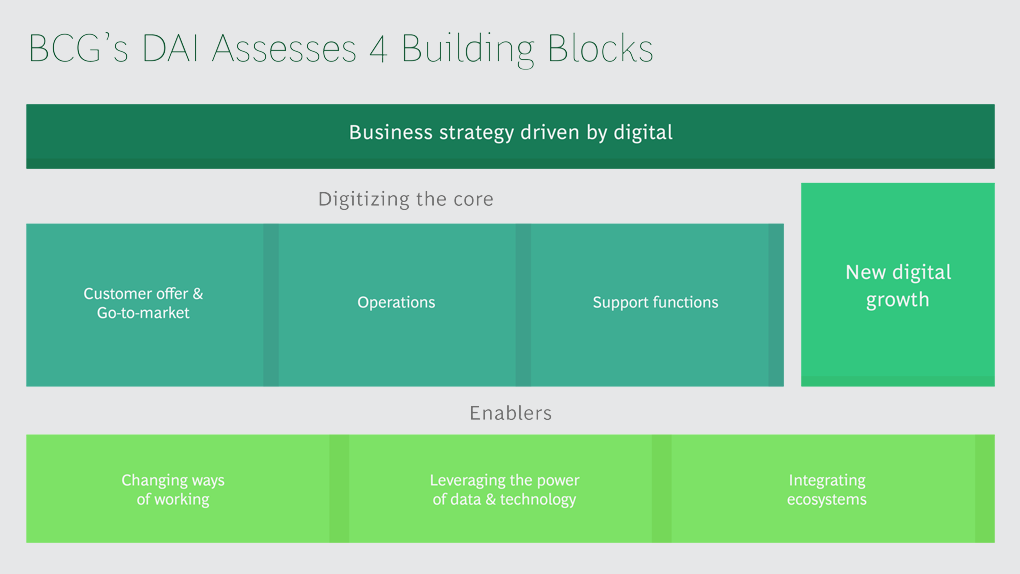
BCG Digital Acceleration Index
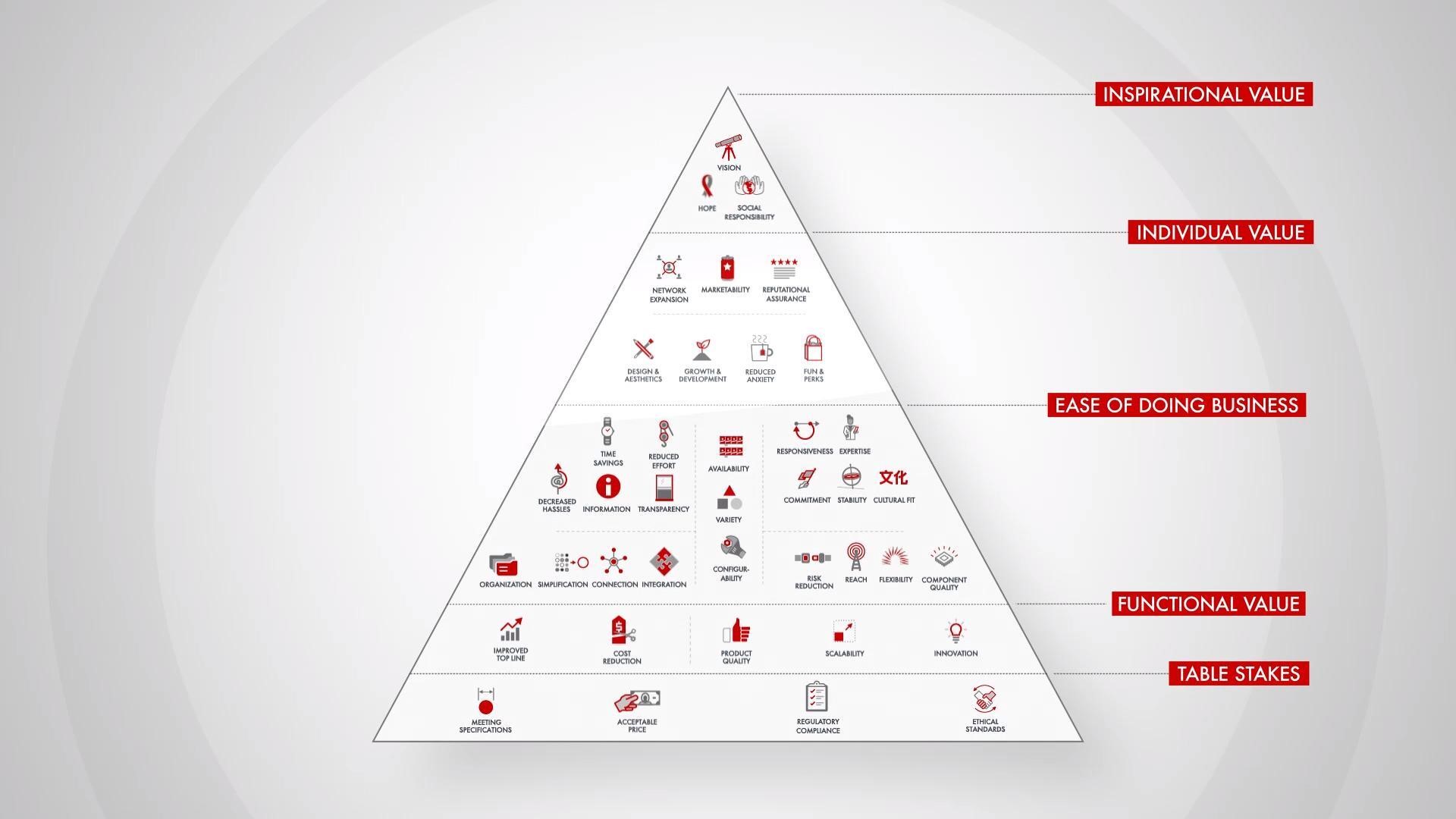
Bain’s Elements of Value Framework
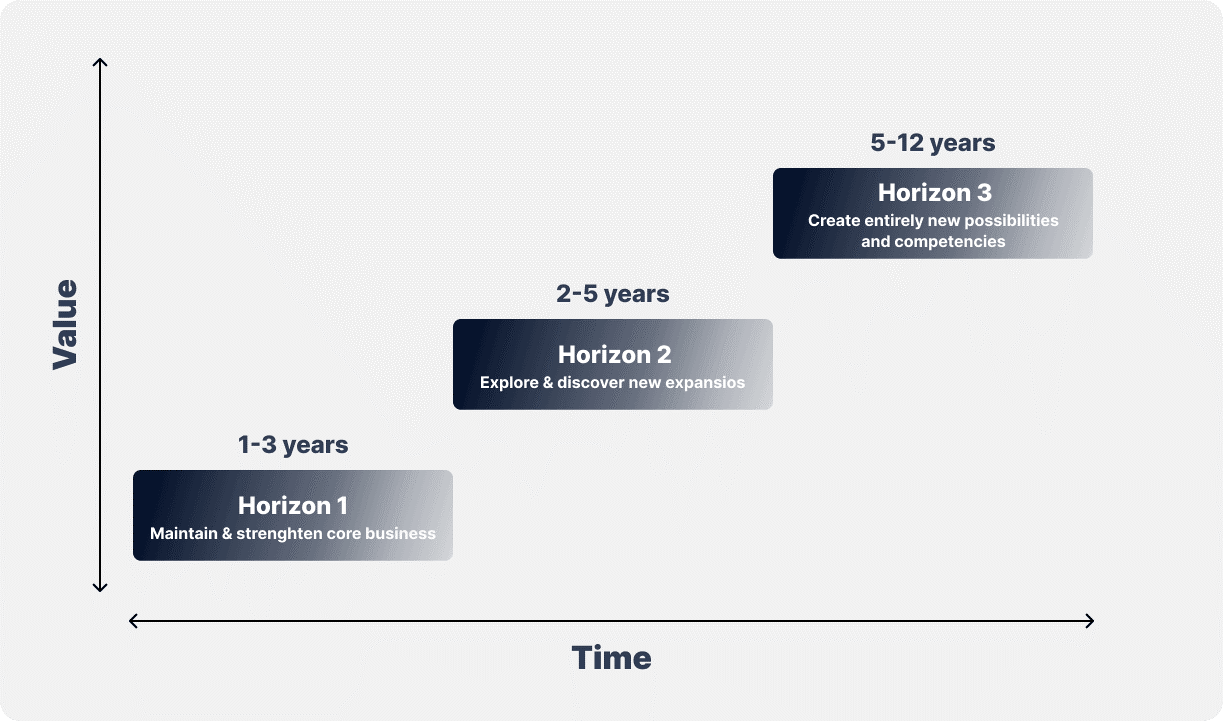
McKinsey Growth Pyramid
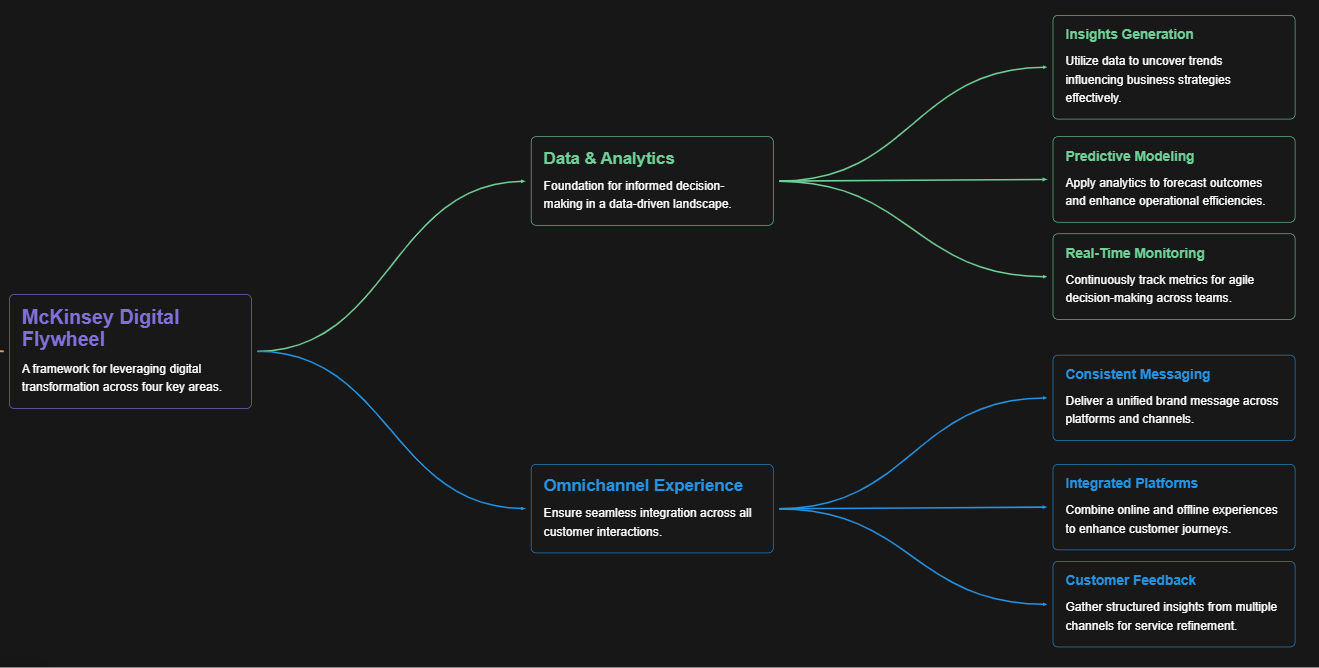
McKinsey Digital Flywheel
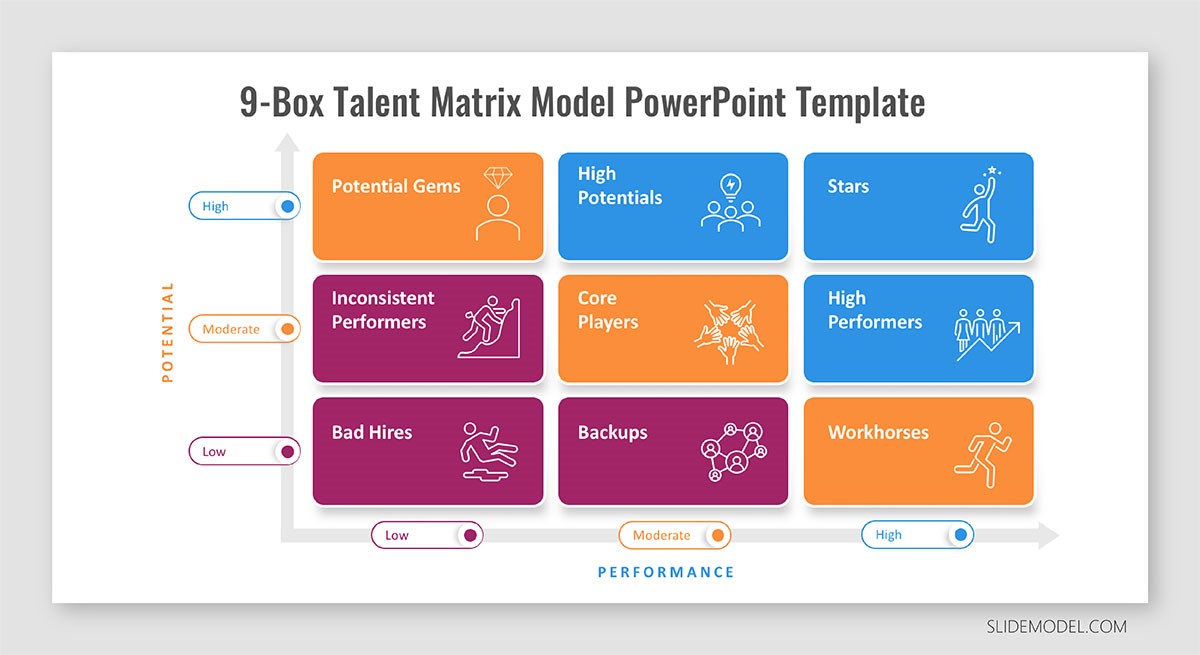
McKinsey 9-Box Talent Matrix
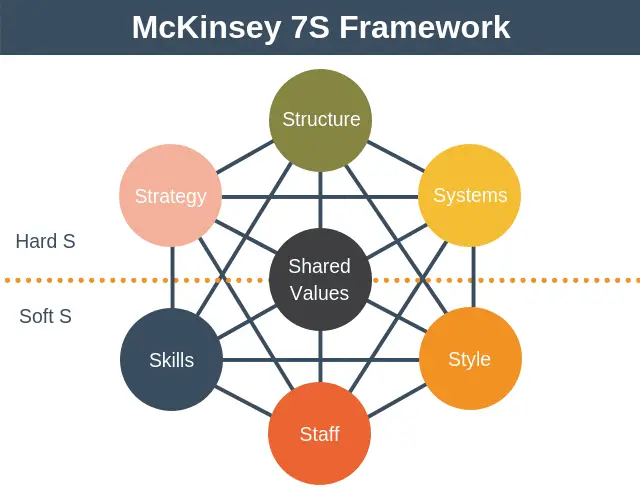
McKinsey 7S Framework
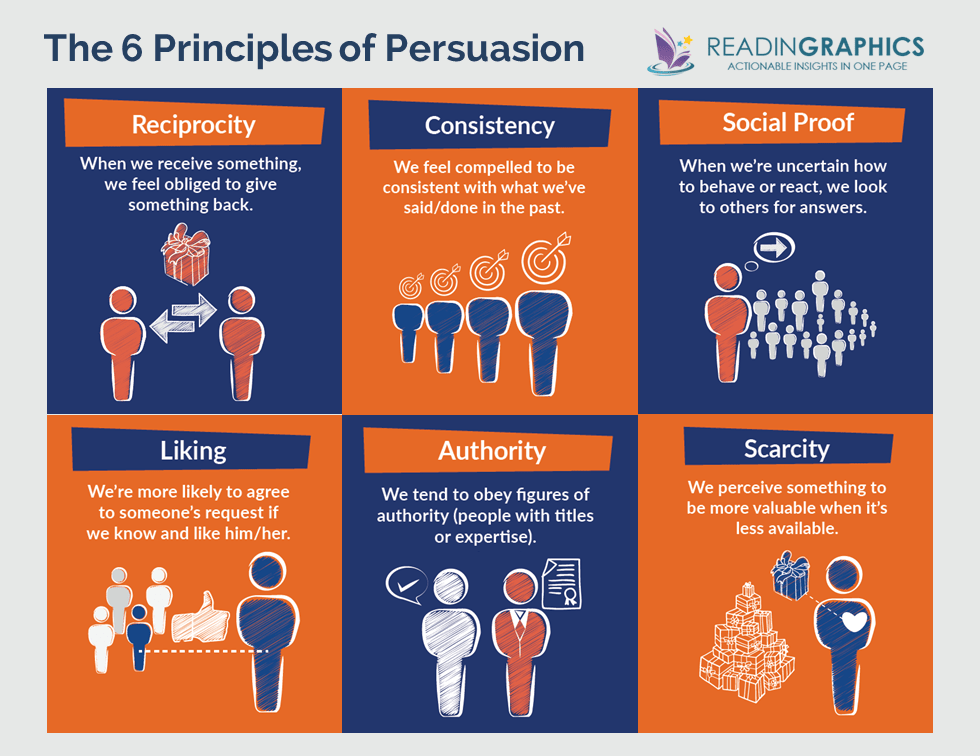
The Psychology of Persuasion in Marketing
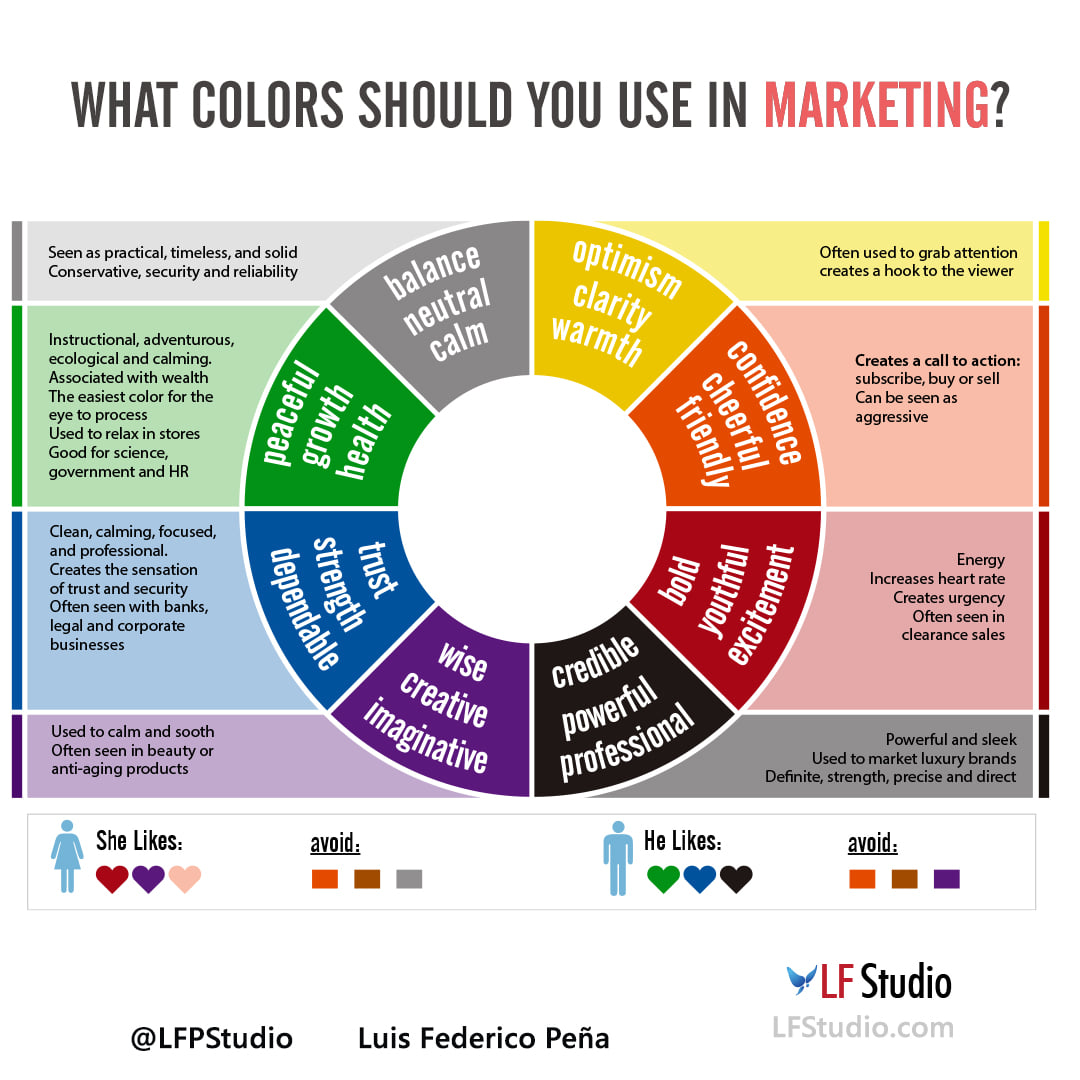
The Influence of Colors on Branding and Marketing Psychology



